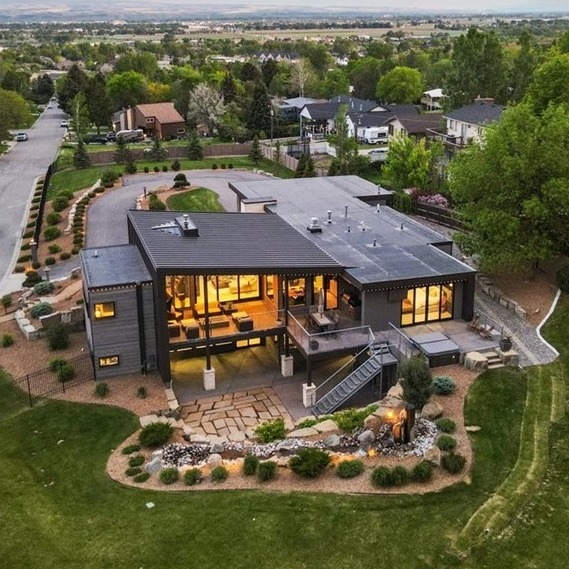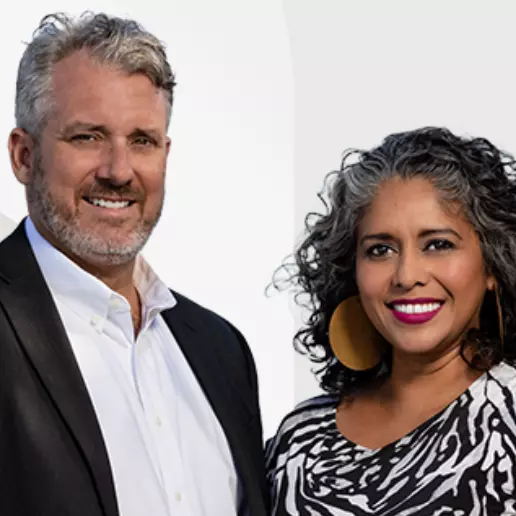Mastering Real Estate Farming: Strategies for Success Part #1

Real estate farming isn't just planting seeds and hoping for a harvest—it's a deliberate, strategic approach to building a thriving business. I discovered the concept of farming by accident, early in my career working for Taylor Morrison, a Tampa Bay new home builder. My new home sales experience helped me honed my skills in mastering every aspect of whatever community I was selling. I became an expert in its type of properties, community features, floor plans and financing options. Since this was part of my sales process, I naturally became a specialist. Similar to how a specialized doctor commands a premium, real estate advisors can capitalize on farming to establish themselves as experts in their chosen market. But how does an advisor effectively execute a farming strategy?
First by selecting the right farm. Without taking the time to review the data and ensure the best approach for real estate farming success, it’s basically throwing spaghetti on the wall. I recall over two decades ago, sending out a postcard to the Avila, an affluent neighborhood in North Tampa without truly understanding who I was sending my card to. No strategy, no long term farming plan, just a postcard. My mistake? Assuming that targeting a luxury neighborhood solely based on its price point would yield results. I got exactly what I should’ve gotten, nothing. In reality, success in farming hinges on genuine understanding and connection with the community. Along with a marketing strategy that includes a budget and a farm database that is scrubbed clean.
To create a marketing strategy that will resonate with the community you must immerse yourself in its fabric. This means, a thorough research on its demographics, lifestyle, and preferences. It's like mastering a subject in college—digging deep to grasp every nuance of the area. This approach is time-consuming, but lays the foundation for long-term success.
There are two primary methods for selecting a farm. The first, and best approach in my opinion, is allowing the farm to choose you. After a few years in the field and a significant number of transaction history a pattern will emerge . For example, when I transitioned from working as a Senior Sales Associate for Tayor Morrison, fka Morrison Homes, and entered the general real estate market I started looking for a market to utilize all my farming skills. I reviewed where the majority of business was coming from. When you do this with your own transaction history, a specific ZIP code, subdivision, or property type will most likely stand out to you. These cues will help guide you towards your ideal farm. Recognizing where you naturally excel and foster trust and credibility within the community.
Method number two consists of an advisor selecting a farm by relying solely on data. Analyzing metrics like farm size, average sales price, and market share of competitors helps in making informed decisions. However, regardless of the method employed, data is key. Farming isn't a short-term endeavor—it's a perpetual commitment to nurturing and cultivating relationships within the chosen market. Once you start farming, you should farm your market forever. Yes, forever.
At Engel & Völkers Tampa Downtown, we recognize the importance of effective farming strategies. That's why we offer coaching sessions to equip advisors with the tools and knowledge needed to thrive in their chosen markets. Join us as we delve into the art of real estate farming and unlock the potential of your business.
True to our brand and Engel & Volkers values, real estate farming isn't just about transactions—it's about community, connection, and commitment. By understanding the nuances of their chosen market and leveraging strategic approaches, advisors can cultivate a flourishing business that stands the test of time.
Author Virginia Bond
Categories
Recent Posts











